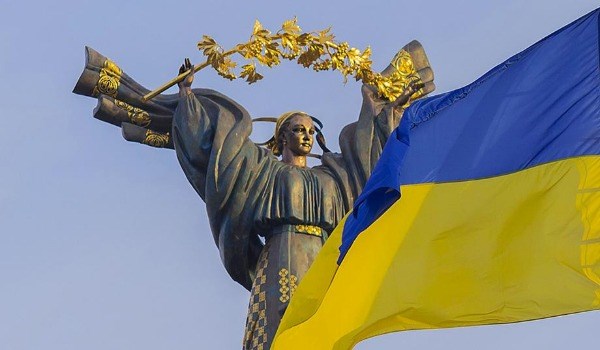Kyiv: Ukraine satisfied with EU policy changes concerning Nord Stream 2
The EU’s coordinated amendments to its Gas Directive establish a legal framework for the Nord Stream 2 project to function in accordance with EU standards, but do not reduce the security risks, and could make Russia’s behavior even more aggressive, wrote Olena Zerkal, Ukraine’s Deputy Foreign Minister for European Integration, on Facebook.
“First and foremost, EU law will extend to gas pipelines from third countries, including Nord Stream 2. This was and remains the key provision of the proposed changes. It was opposed by Germany, Austria and a number of other
She explained that the directive defines how a gas pipeline operator and regulator must act in order to ensure Nord Stream 2’s compliance with the requirements of EU energy law. In particular, a
Zerkal emphasized that this only concerns the regulation of the economic aspects of the pipeline’s operation. “The states will continue to deal independently with all other matters concerning Nord Stream 2. For example, matters of protecting the surrounding environment or of security. This is particularly important for Denmark, which still needs to make a decision whether to authorize or prohibit the construction of Nord Stream 2 in its territorial waters. And Denmark has enough arguments in favor of declining,” the deputy minister observed.
She also noted that, in the context of the trialogue, a decision was made on how the Commission can ensure effective control of compliance with EU law by gas pipelines originating in third countries.
“So, we have a legal framework in which the functioning of Nord Stream 2 is only possible if it complies with the standards of EU law. This is what Ukraine asked for. We have constantly emphasized that Nord Stream 2 must not have a competitive advantage from the fact that it need not comply with EU law. The next task is to ensure the implementation of these changes,” Zerkal emphasized.
At the same time, she observed that, in and of itself, the approval of these amendments does not reduce the security concerns raised by Nord Stream 2. She drew attention to Russia’s extremely aggressive reaction to earlier attempts to regulate the project.
“There is a risk that the extension of the EU’s requirements to Nord Stream 2 will make Russia’s behavior even more aggressive. This requires an intensification of the pressure on Russia, including possible sanctions,” Zerkal believes.
In conclusion, she remarked that the French-German consensus concerning the changes to the directive has been perceived by many as a betrayal, but in actual fact it is a step towards a new consensus in the EU as a whole that Nord Stream 2 does not have political privileges, and must be appraised rigorously from all sides – regulatory, economic and, of course, security.
Previously, German Chancellor Angela Merkel announced that the countries of the EU had reached a consensus on how to regulate the Nord Stream 2 project. One of the agreed provisions was that pipelines originating in third countries shall be the responsibility of the country in which the pipeline first reaches the European network.
